Cytomegalovirus is a relative of herpes simplex. He, as well as most of the viruses, lives in the body and does not manifest himself at all, but with a decrease in immunity it makes itself felt. Most often, infection occurs sexually or in utero.
Contents of
- Causes of cytomegalovirus in children
- Symptoms of cytomegalovirus in children
- Antibodies to cytomegalovirus in a child
- Cytomegalovirus rates in children
- What if the child has a cytomegalovirus?
- Cytomegalovirus in infants
- Cytomegalovirus analysis in a child, interpretation of
- How to treat cytomegalovirus in children?
- Consequences of cytomegalovirus in children
- How is cytomegalovirus transmitted in children?
- What to do. If the child has a cytomegalovirus: advice and feedback
- VIDEO: Cytomegalovirus in children
Causes of cytomegalovirus in children
The most common disease occurs in babies immediately after birth, although if the mother's infection occurred in the first trimester of pregnancy, the fetus does not survive and the pregnancy ends in a miscarriage.
Reasons for the appearance of cytomegalovirus in children:
- Through the birth canal of the mother during childbirth
- In the womb when the mother becomes infected with the virus while pregnant. This variant is the most terrible, since the virus affects the nerve cells and internal organs of the child
- through saliva and other biological fluids. It can be in kindergarten or school, because children often contact each other
- Through breast milk. This is also a biological fluid through which the
- virus can be transmitted. Non-compliance with hygiene rules. Babies in the garden should wash their hands, use separate pots and utensils
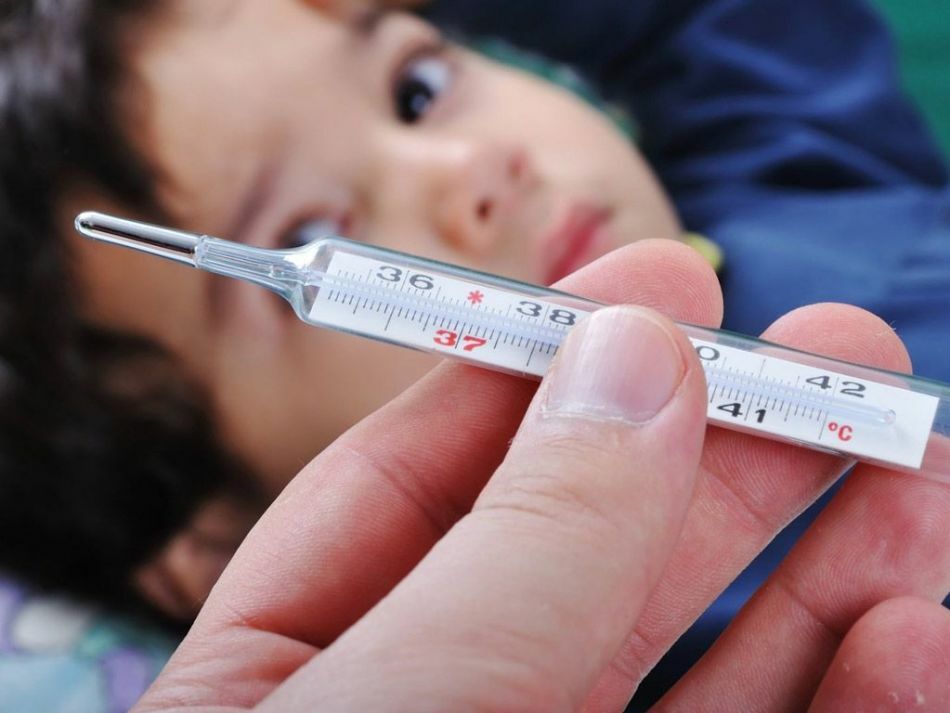 Cytomegalovirus
Cytomegalovirus Symptoms of cytomegalovirus in children
Symptoms may vary in newborns and in older children.
Symptoms in newborns:
- Prematurity
- Jaundice
- Hearing and vision impairment
- Unexpressed sucking reflex. The child can refuse the breast and bottle. He is forced to feed through the
- probe. Enlarging the liver and spleen
. If the child does not have these symptoms, this does not mean that there is no virus. Perhaps it will manifest itself in the first 10 years of life. Most often this is a violation of the growth of the teeth, hearing loss, developmental lag.
 Symptoms of cytomegalovirus
Symptoms of cytomegalovirus Antibodies to cytomegalovirus in a child
After venous blood sampling, you will get two results:
- IgM. When detecting such cells in the body, we can conclude that the child has recently contracted a virus and is now in active form. Most likely, there are symptoms of
- IgG infection. This is also antibodies to the virus, but they are smaller. Appears one month after the child has recovered
Resulting polymerase reaction table:
- Positive igG, negative igM-remission of chronic CMV
- Positive igM, positive igG-exacerbation of infection or infection occurred recently
- Positive igM, negative igG-infection has just got intoorganism
- Antibodies negative - no infection
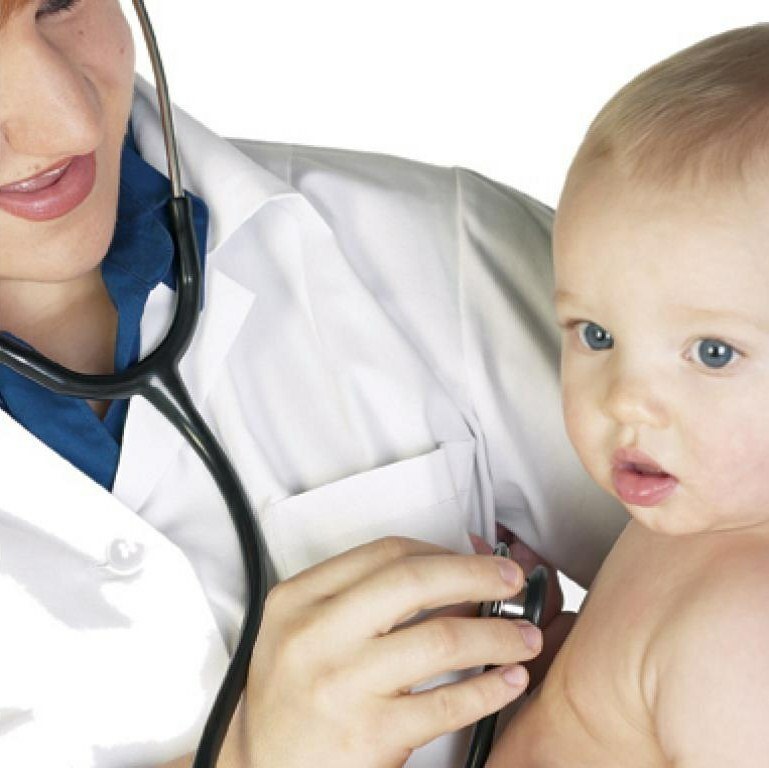 Antibodies to CMV
Antibodies to CMV Norms of cytomegalovirus in children
If a child is found igG - this does not mean that he is sick. This result is evidence of the carrier of the virus. The acute phase of the disease can be said upon detection of igM.It is necessary that with a form of test results, the laboratory should give out the norms of these immunoglobulins. Otherwise, even the doctor will not be able to determine whether there is infection or not.
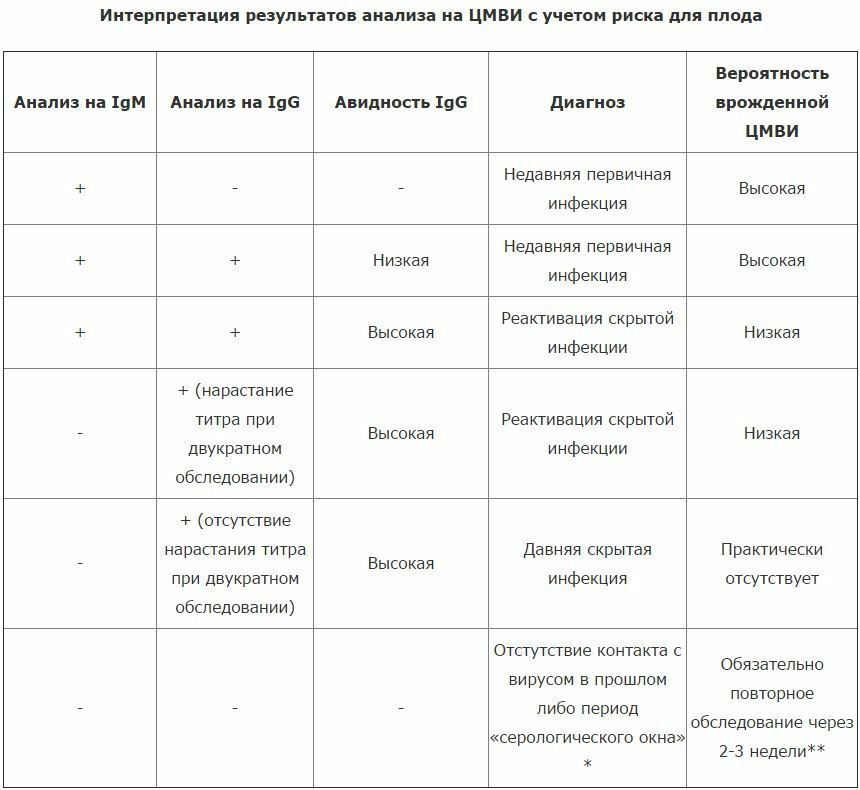 Norms of cytomegalovirus
Norms of cytomegalovirus What if my child has a cytomegalovirus?
It all depends on the phase of the ailment. When a primary infection is detected, treatment with antiviral drugs is necessary. If only igG is found, then no specific treatment is needed. It is necessary to try to strengthen the baby's organism so that infection does not pass into the active phase.
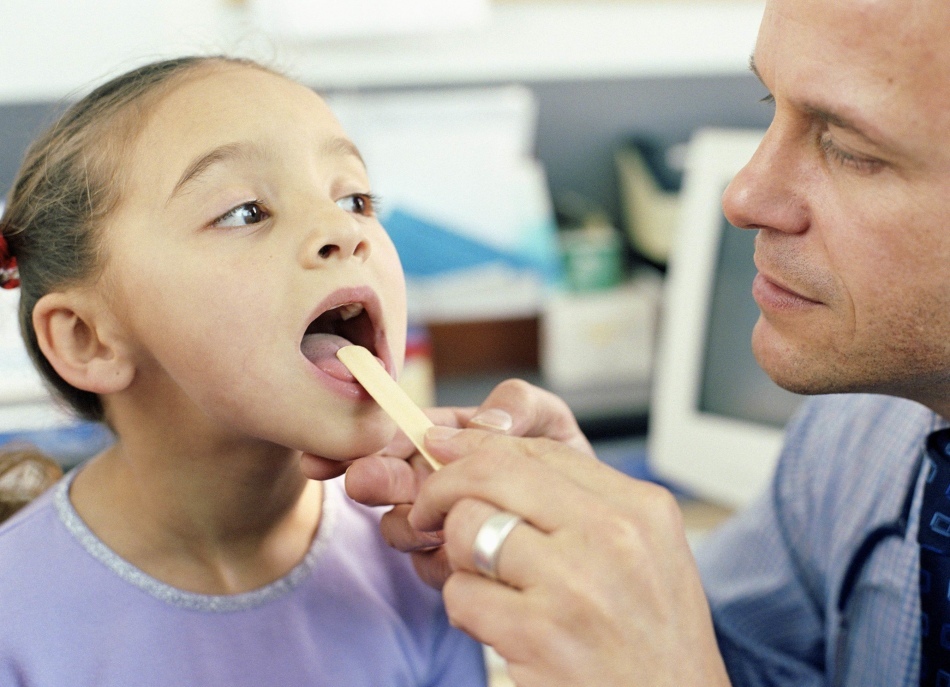 Cytomegalovirus in children
Cytomegalovirus in children Cytomegalovirus in infants
This is the most difficult case. The fact is that with intrauterine infection, the cells of the virus penetrate into all systems and organs. Accordingly, the consequences can be deplorable.
Cytomegalovirus manifestations in infants:
- Jaundice, liver and spleen damage
- Encephaly
- Hemorrhagic syndrome
- Pneumonia and bronchitis
The saddest thing is that after decaying the ailment of a baby, it may lag behind in development due to reduced hearing and vision.
 Cytomegalovirus in infants
Cytomegalovirus in infants Analysis for cytomegalovirus in a child, interpretation of
Detection of the presence of the virus can be carried out in several ways. The most accurate is PCR.
Types of diagnosis of CMV:
- Cytological
- Virological
- Immunological
- Molecular-biological
The most accurate is the immunological method. It gives results in the form igM and igG.
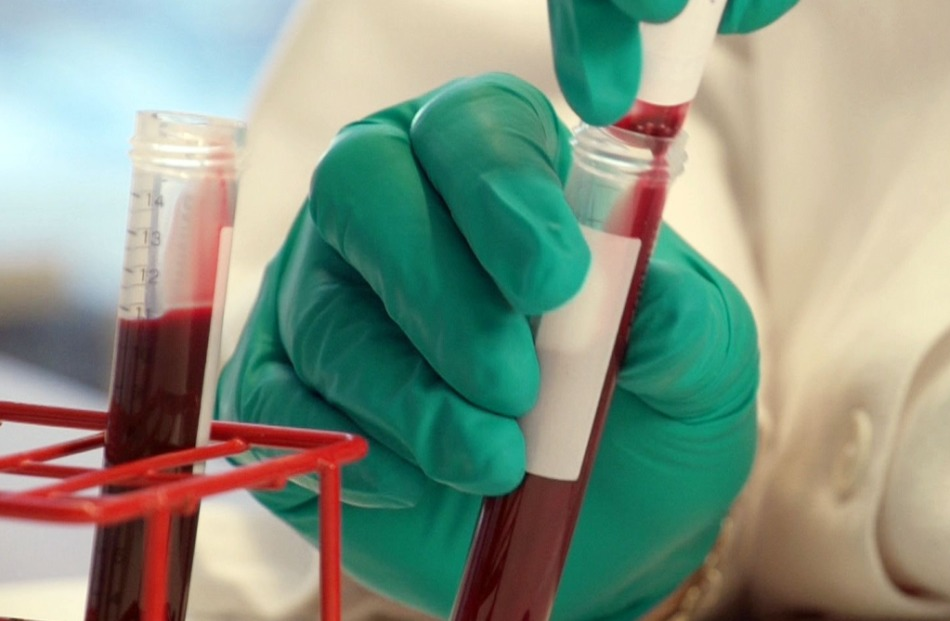 Cytomegalovirus analysis
Cytomegalovirus analysis How to treat cytomegalovirus in children?
If it is infants and there is exacerbation in the form of pneumonia, jaundice or bronchitis, then the disease itself is treated. Antiviral drugs may be prescribed. If the child's age permits, immunomodulators are administered. But more often, after the virus turns into a latent state, immunity is strengthened:
- Hardening of
- Introduction of vitamins in spring and autumn
- Frequent walks
- Physical exercises
If your child is healthy, then cytomegalovirus can not manifest itself in any way.
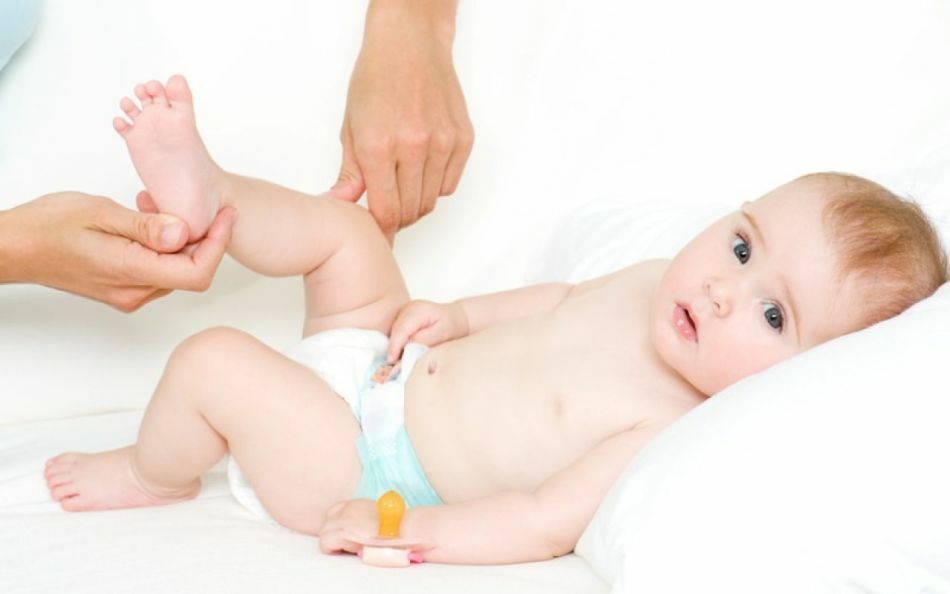 Treatment of cytomegalovirus
Treatment of cytomegalovirus Consequences of cytomegalovirus in children
Most of all it's worth worrying about newborns and toddlers up to 5 years. It is up to this age that the immune system response is inadequate and the virus can cause undesirable consequences.
- If infection occurred in the womb in the early stages, the baby can be born with heart defects and abnormalities in the internal organs. Encephalus and stomach diseases are often observed.
- . If a baby gets infected late in pregnancy, it occurs after the birth of jaundice and pneumonia. Possible appearance of rash
- Infection at 1 year may be swelling of the salivary glands. There may be a developmental lag and spasms
- With normal immunity, no symptoms are observed. Therefore, strengthen the health of the child
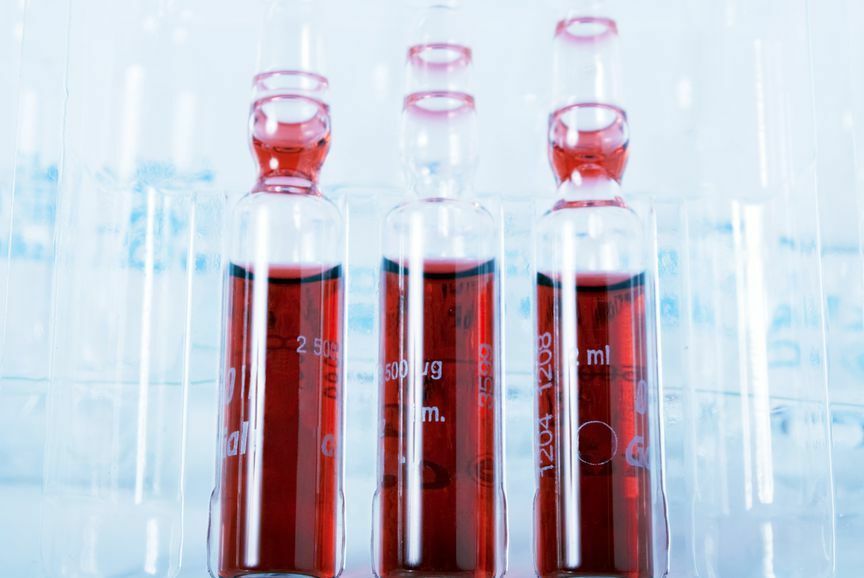 Consequences of cytomegalovirus
Consequences of cytomegalovirus How is cytomegalovirus transmitted in children?
This virus, like herpes, is transmitted to everyday life. A child may become infected by contact with saliva, urine or tears of an infected person. Accordingly, children's institutions need to pay a lot of attention to hygiene.
 Methods of transmission of cytomegalovirus
Methods of transmission of cytomegalovirus What to do. If a child has a cytomegalovirus: advice and feedback
Do not rush to panic, this is not a verdict. With the strengthening of immunity, the disease may not manifest itself in any way. There are cases when a person learns about infection in adulthood. In most children, infection with the virus is often confused with a cold.
In case of exacerbation, prescribe such drugs:
- Acyclovir. This drug is active against the herpes simplex virus
- Isoprinosine. An antiviral drug that destroys the membrane in the cells of the
- virus. Likopid. Immunostimulator for stimulating the synthesis of interferon
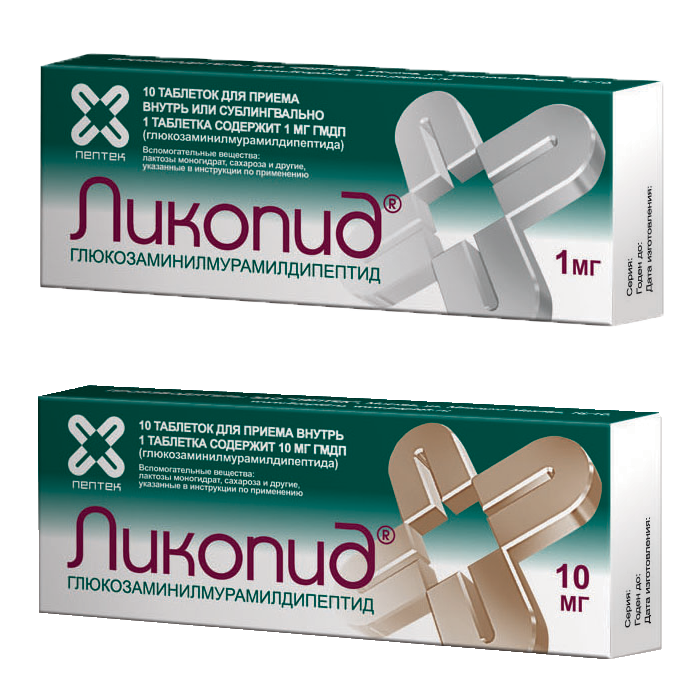 Lycopida from cytomegalovirus
Lycopida from cytomegalovirus As you can see, CMV is dangerous only in case of intrauterine infection in early and late pregnancy. Infection of children older than 5 years of no symptoms.
